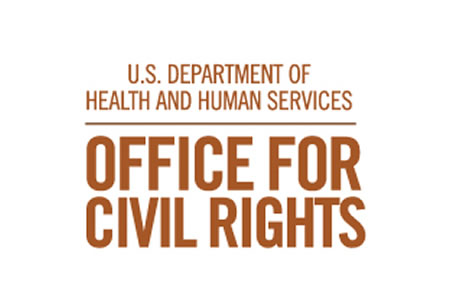The maximum penalty for a HIPAA violation can range from $100 to $50,000 per violation, with a maximum annual penalty of $1.5 million for repeated violations of the same provision, and in cases involving willful neglect, the penalties can reach up to $1.5 million per violation, with an annual maximum of $1.5 million for each provision violated.
For instances where there are multiple violations of the same provision, the annual maximum penalty for such repeated violations can reach up to $1.5 million. In cases of willful neglect where the entity responsible for protecting health information knowingly violates HIPAA rules, the penalties are significantly higher. Such willful neglect can result in penalties of up to $50,000 per violation, with an annual maximum of $1.5 million for each provision violated. These penalties are designed to ensure the protection and security of individuals’ health information and to encourage healthcare organizations to comply with HIPAA regulations rigorously. It’s essential for covered entities and business associates to take HIPAA compliance seriously to avoid potentially severe financial penalties and legal consequences for breaches of patient privacy.
- Civil Monetary Penalties (CMPs):
- Tier 1: Unknowingly violating HIPAA, with no harm done, can result in fines of up to $100 per violation, with an annual maximum of $25,000.
- Tier 2: Violating HIPAA with reasonable cause but without willful neglect can lead to fines of up to $1,000 per violation, with an annual maximum of $100,000.
- Tier 3: Violating HIPAA with willful neglect, but correcting the violation within a specified time frame, can result in fines of up to $10,000 per violation, with an annual maximum of $250,000.
- Tier 4: Violating HIPAA with willful neglect and failing to correct the violation can lead to fines of up to $50,000 per violation, with an annual maximum of $1.5 million.
- Criminal Penalties:
- Criminal penalties can apply when PHI is intentionally accessed or disclosed without authorization. Penalties range from fines to imprisonment, depending on the severity of the offense.
- Up to $50,000 in fines and up to one year in prison for knowingly obtaining or disclosing PHI.
- Up to $100,000 in fines and up to five years in prison if the violation is committed under false pretenses.
- Up to $250,000 in fines and up to ten years in prison if the violation is committed with the intent to sell, transfer, or use PHI for commercial advantage, personal gain, or malicious harm.
- State Attorney General Actions:
- State Attorneys General can also bring civil actions against entities or individuals for HIPAA violations, seeking damages, injunctive relief, and attorney’s fees on behalf of residents affected by the violation.
When organizations or entities are found to be in violation of HIPAA rules, the Department of Health and Human Services (HHS), typically through its Office for Civil Rights (OCR), may require the development and implementation of a CAP as part of the resolution process. These plans are tailored to address the specific compliance issues identified during investigations and audits. CAPs outline the necessary steps and measures that the entity must take to correct the identified deficiencies and enhance their privacy and security safeguards for protected health information (PHI). Compliance with the CAP is closely monitored by HHS, and failure to execute it effectively can result in further penalties and sanctions. CAPs play a crucial role in ensuring that healthcare organizations prioritize the protection of patient data and work towards HIPAA compliance to safeguard individuals’ privacy and the security of their health information.



